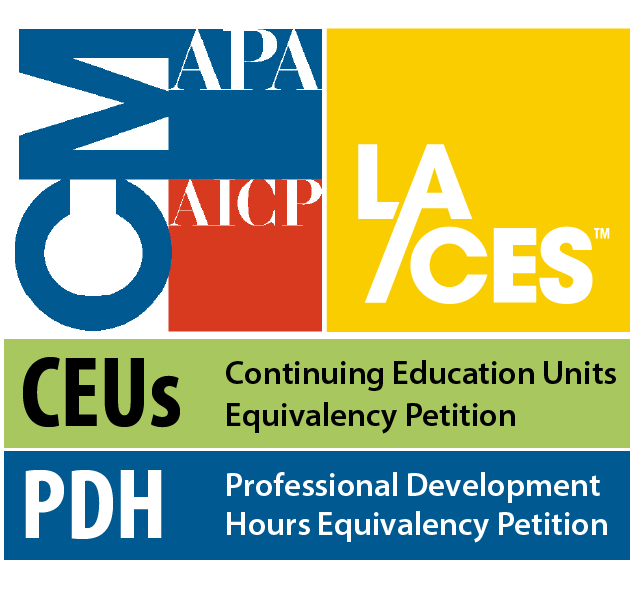Understanding the range of economic benefits from your land conservation and trails program can help you coalesce support among local and state officials, expand your circle of allies and partners to include economic developers and the local business community, and build public support. Learn to research, analyze and communicate a range of economic and community benefits associated with your programs, trails and conserved lands.
Economic impact is an important selling point for funding private land conservation and trails. Reliable economic figures can help coalesce support among local and state officials, who are often gatekeepers to funding for easements and acquisition, maintenance, construction, and expansion. Understanding the range of economic benefits from your land conservation and trails program can also help you expand your circle of allies and partners to include economic developers and the local business community. And it can help build public support.
A tremendous body of studies has substantiated the economic value of trails, trail networks, and conserved wild and working landscapes. These can be useful in helping you make your case, but it’s even more compelling to speak directly about the benefits of your program, your locally conserved lands, your trails.
You don’t need to hire an economist and wade through piles of complex data to understand the economic benefits of your programs. This course will help you learn to paint a broad, research and data-based picture of the economic effects of your trail system or conserved lands—or project the benefits of a proposed trail or conservation program. You will also learn how to tell that story to support advocacy, fundraising, conservation-based economic development, and stronger community relationships. You will learn and adapt a proven approach that engages community resources without hiring an economist, consultant or communications shop.
In this course, you will:
Adapt Harbinger’s “engaged analysis” approach to outline an economic study for your conserved lands, trails and networks.
Identify goals and match up data sources, research methods and resources for conducting your study.
Learn how to assess and describe a wide range of economic and community benefits, and how to create simple, realistic ballpark economic estimates and projections.
Learn when, whether and how to update old economic studies.
Learn the basics of interpreting findings and presenting data to different audiences.
IS THERE HOMEWORK?
There is no specific requirement for work outside of the sessions. This course will equip you to apply these analytic and communications approaches yourself, and it’s designed so you can work with the information at your own pace (during the course and/or later). While there is no required homework, plan to spend about an hour a week between sessions thinking about how the concepts and tools could be applied to your program or landscape. This make it easier to dive in at more depth later.
To fast-track the outcomes, you can invest several hours a week as the course progresses and end the course with a good collection of program-specific analysis and findings. Then, take advantage of the included coaching call to fine-tune.
WHO IS THIS FOR?
Conservation land trusts • Trail advocates and friends groups • Recreation and open space program managers • Chambers of Commerce & business alliances • Community & economic development staff • Place-based & conservation organizations • Extension & community development professionals • High school and college students • Downtown & Main Street groups • Business owners & other community leaders
COURSE INSTRUCTOR
Michele Archie, Harbinger principal and lead for collaborative regional economic analyses, economic impact projections, visitor and resident surveys, outdoor recreation assessments, and peer area reviews. Michele has led more than three dozen such studies for national and state parks, World Heritage Sites, trails and other recreational and protected areas across the United States. See Michele's LinkedIn profile.
SESSION DATES AND TIMES
Five weekly 1-hour sessions
Wednesdays, Sept. 25-Oct. 23, 2024 • 12-1 PT/3-4 ET
MORE DETAILS
Sessions available for replay in case you need to miss a session or want to review.
Includes a post-course one-on-one or team consultation session to address your particular situation and needs.
$525 regular course fee • $425 early registration discount through May 31, 2024
Discounts for two or more participants from the same organization or community: $425/person • $375 early registration discount
Contact us for special rates for groups of five or more. We often work with cohorts in our courses, and can create a custom package including group meetings and coaching during and/or after the course.
Learn more, including a session-by-session overview, at the training website linked here.
Trail Competencies
-
Project Planning and Design
- • Define Purpose, Need, and Feasibility of Project
- • Stakeholder Engagement
-
Program Administration
- • Communications
- • Education and Public Outreach
- • Partnership and Collaboration
Relevant Trail Types
Learning Credits and CEUs

Learning credits will be available to attendees and are included in the registration fee. The length of the session will determine the number of hours/credits given. In order to obtain credits, attendees must fill out an evaluation survey for each session they attend, as well as complete a learning credit tracking form noting each session they are requesting credits for (or a quiz if virtual). This form (and complete instructions) will be available online as well at registration. Email the conference host or [email protected] with any questions.
American Trails is a certified provider and can offer the following learning credits and continuing education opportunities: AICP CM, LA CES (most HSW approved), NRPA CEU Equivalency Petition, and CEU/PDH Equivalency Petition for other accepting organizations.
You may also like
Related Upcoming Trainings
This training has been viewed 626 times.